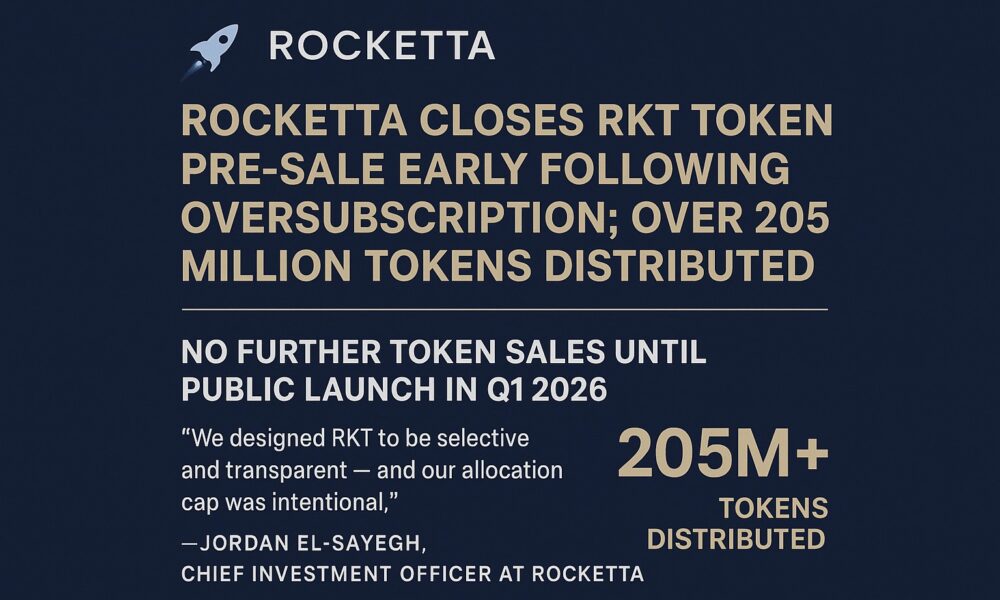“We’ve made some major upgrades to search on ChatGPT when accessed via Atlas,” Ryan O’Rouke, OpenAI’s lead designer for the browser, said during the livestream. If a user asks for movie reviews in the Atlas search bar, a chatbot-style answer will pop-up first, rather than the more traditional collection of blue links users might expect when searching the web via Google.
Now, in addition to that result, users can switch to other tabs to see a collection of website links, or images, or videos, or news related to their queries. It’s a bit of an inversion of the Google Chrome experience. Rather than the search result being a collection of links with AI features added on top of that, the AI chatbot is central in Atlas, with the list of website links or image results as secondary.
Another feature OpenAI highlighted in the livestream is Atlas’s ability to collect “browser memories.” The capability is optional, and is an iteration of ChatGPT’s existing memory tool that stores details about users based on their past interactions with the chatbot. The browser can recall what you searched for in the past and use that data when suggesting topics of interest and actions to take, like automating an online routine it detects or returning back to a website you previously visited that could be helpful for a current project.











